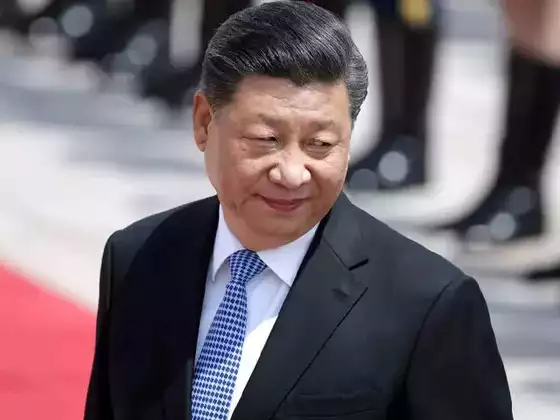In this new industrial era, leadership won’t come from machines alone—but from the skilled minds that create and drive them. And increasingly, those minds are found in India
India is rapidly evolving from a low-cost manufacturing base into a global powerhouse of clean technology innovation. This transformation is exemplified by a groundbreaking project in Karnataka, where Indian technicians are assembling the nation’s first one-gigawatt green hydrogen electrolyser, wrote Radhika Sharma in hrkatha.com.
Backed by Belgian firm John Cockerill, this initiative highlights a strategic pivot in how European companies engage with India—no longer just for cheap labour, but for advanced engineering capabilities and a dynamic talent pool.
Founded over two centuries ago, John Cockerill has traditionally focused on steel and heavy machinery. Today, it’s undergoing a green makeover, placing India at the heart of its global sustainability ambitions. The company, which operates in 23 countries and posted €4.2 billion in revenue, now employs 500 professionals in India—a number expected to double within two years as it targets €1 billion in annual revenue from the Indian market by 2030.
What sets India apart is not just its commitment to scaling up renewable energy—with plans for 500 gigawatts of clean power by 2030—but its capacity to design, innovate, and implement green technologies. For John Cockerill, India represents a springboard for developing solutions in hydrogen production, energy storage, and even defence systems.
-
As the world races to meet net-zero targets, countries and corporations that master green technologies will shape the future economy
-
India, with its combination of talent, scale, and ambition, is well-positioned to lead. For European giants like John Cockerill, success in India may very well define their global competitiveness
This shift from cost to capability is most visible in the company’s approach to hiring and talent development. Eschewing traditional models of recruiting based on static skillsets, the company focuses on adaptability and innovation potential. Partnerships with premier institutions like the Indian Institute of Technology (IIT) Mumbai further solidify its roots in India’s robust educational ecosystem.
Internal mobility is another pillar of the firm’s strategy. Indian engineers frequently work on global assignments, embedding themselves within projects across Europe and North America. This not only enhances knowledge transfer but also empowers local employees with international exposure, reinforcing John Cockerill’s commitment to India as a core part of its innovation engine.
The company also reports lower-than-average attrition, thanks to its employee-first culture. Flexible work models, diversity-driven hiring, and data-informed policy-making reflect a bottom-up approach that values staff feedback and continuous improvement. While gender imbalance in technical roles remains a challenge, targeted programs and inclusive policies are gradually making headway.
However, the road isn’t without its bumps. Despite producing a vast number of engineering graduates, disparities in educational quality mean that significant investment in training is essential. Companies must remain patient and committed to long-term capacity building.








